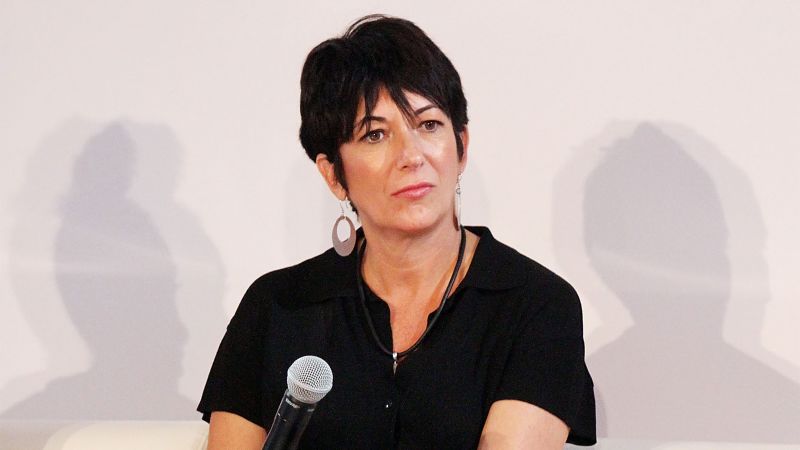Ghislaine Maxwell, a prominent figure linked to Jeffrey Epstein, is making headlines as she has reportedly offered to testify before Congress under specific terms, demanding immunity for her cooperation. This development comes in response to House Oversight Committee Chair James Comer, who previously subpoenaed Maxwell to appear and provide testimony next month. Her legal team sent a letter to Comer on Tuesday, articulating an initial decision to invoke her Fifth Amendment rights, which protect her from self-incrimination, but expressing a willingness to cooperate provided that suitable conditions are met.
Maxwell’s attorneys have stated that she is currently in the process of appealing her conviction, which adds a layer of complexity to any potential testimony. They argue that testifying at this stage could jeopardize her rights, undermine her legal claims, and affect any future jury pool that may be involved in her case. The defense has further suggested that public remarks by members of Congress could inherently bias the situation, noting that some comments seemingly prejudged Maxwell’s credibility without a fair evaluation of her claims or the evidence she might present.
In an official response to her demands, a representative for the House Oversight Committee firmly dismissed the notion of granting Maxwell immunity. The committee intends to reply to her request but has reiterated that it will not entertain the idea of congressional immunity, which underscores a possible stalemate between Maxwell’s legal demands and the committee’s jurisdiction.
The conditions laid out by Maxwell’s attorneys are quite specific. First and foremost, they are seeking a formal grant of immunity for her testimony. Furthermore, they have stipulated that the interview should not take place within the correctional facility where she is serving her sentence. Another critical demand is for the committee to provide questions in advance, as they believe proper preparation is essential for a fair and accurate deposition. They also request that the interview be scheduled only after her current appeals, particularly regarding her Supreme Court case and a forthcoming habeas corpus petition, are resolved.
The attorneys emphasized that if these demands are not met, their client would have no choice but to continue invoking her Fifth Amendment rights, which could potentially lead to further delays in the process. In a surprising twist, the letter concluded with an appeal to former President Donald Trump for clemency, hinting at a desire for a path that would allow her to testify freely. According to her attorneys, if Maxwell were granted clemency, she would be willing and eager to provide honest testimony in a public setting before Congress.
With the situation still evolving, Maxwell’s legal team has indicated that she wishes to clarify the multitude of misconceptions swirling around her case. They believe her testimony could provide crucial insights and contribute to dispelling the narrative that has developed over time concerning her involvement with Epstein and the allegations against her.
This ongoing saga reflects broader themes of legal complexity and public interest, particularly in a case that has drawn considerable media scrutiny and public attention. The interplay between legal rights, public opinion, and congressional oversight is critical here, as both Maxwell’s attorneys and members of Congress navigate a path fraught with potential repercussions for all involved. As discussions continue and further developments occur, the story surrounding Maxwell’s offer to testify and the surrounding circumstances remains a significant point of intrigue and concern for many observers.
In conclusion, while Ghislaine Maxwell’s willingness to testify could provide clarity and further insight into the Epstein saga, her strict conditions and the committee’s rejection of immunity could lead to protracted legal battles ahead. As noted by CNN’s Annie Grayer, the situation is ongoing and subject to updates, reflecting the dynamic nature of high-profile legal cases and the implications they hold for justice and accountability.










